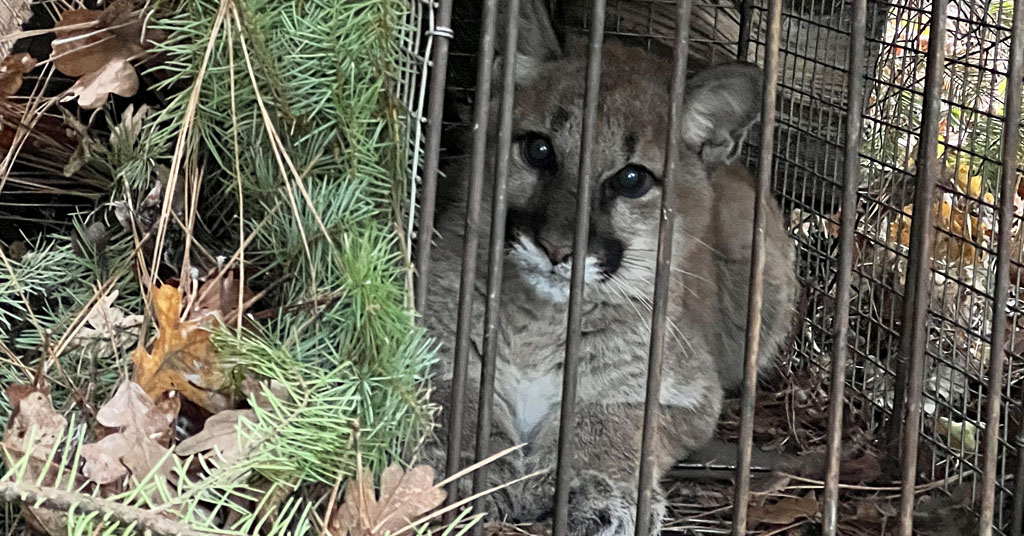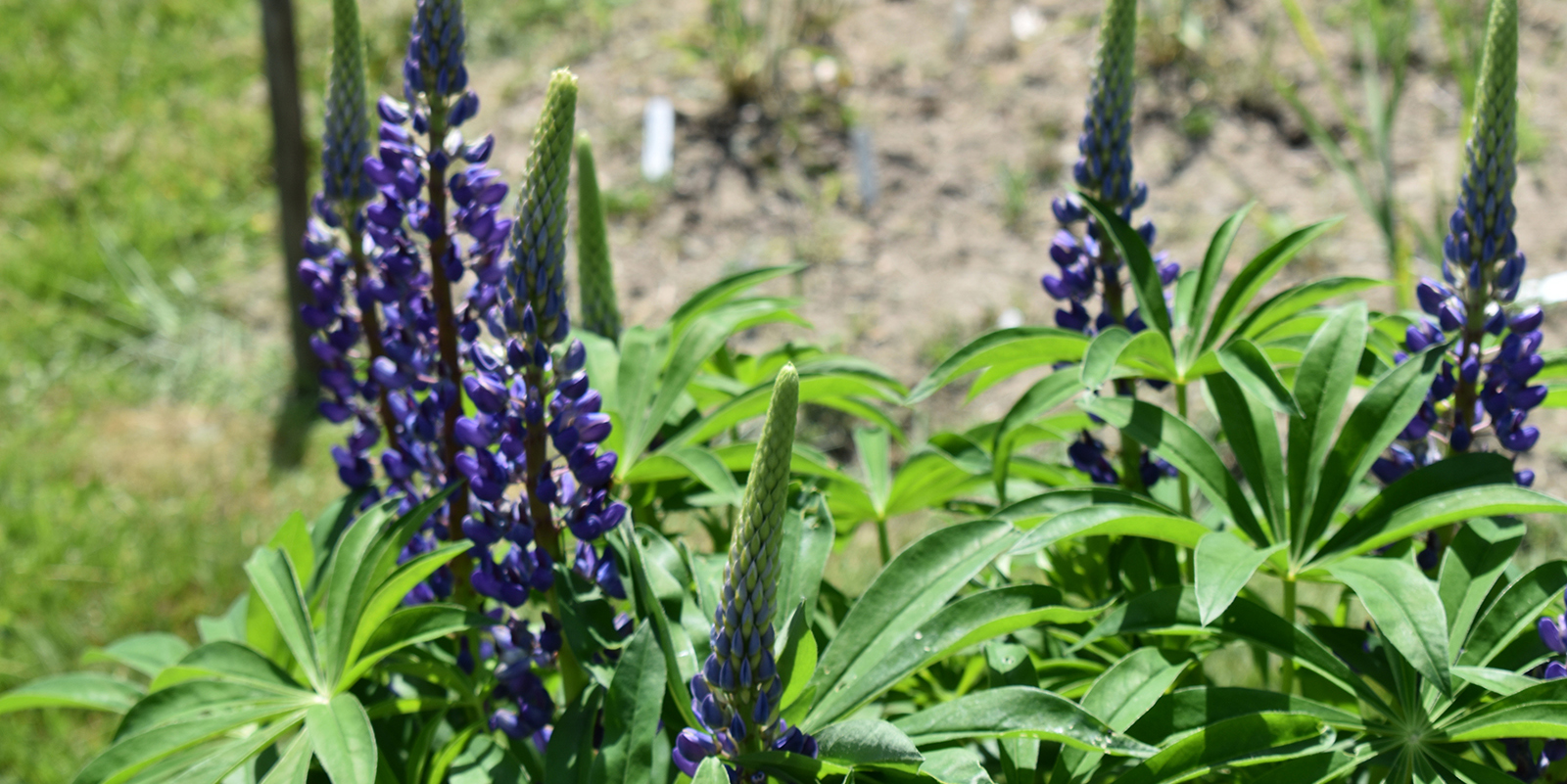Rhode Island Nature Writer Cultivated His Craft on Streets of New York City
December 9, 2021
Naturalist and writer Scott Turner credits his keen wildlife observation skills to the talents he developed out of necessity growing up in a tough neighborhood in the Bronx, N.Y.
“I was a survivor among the anarchy of the 1960s and ’70s, and I survived through my observational skills, through my senses,” said Turner, who wrote a nature column for The Providence Journal for 11 years and for GoLocalProv.com for two more. “Over time, I realized that some of the things I saw — if a gang was coming or if someone had a gun and I had to get out of there — weren’t that different from seeing a bird of prey zip through the forest or noticing a berry hanging on a Virginia creeper vine. It’s the same sort of enhanced sensory experience. It’s not about survival any more but more like a celebration.”
His curiosity about the natural world started during a life-changing moment when he was 11.
“That’s when my parents sent me to day camp, which I found was so much more peaceful and so much safer than being on the street corner,” Turner said. “I was fascinated that this entire world was around me and I’d never seen it before. I never knew that so much could be in such a small spot. I was hooked from there on out.”
Turner’s weekly column featured many of his nature observations in the Bronx, as well as those in Rhode Island and wherever he traveled. A collection of his columns, which ran from 2007 to 2020, have now been compiled into a book, Beauty in the Street: Nature Tales from the Neighborhood.
He started writing his column following the death of longtime nature columnist Ken Weber. When The Providence Journal editors selected him to succeed Weber, he considered it a chance to finally speak.
“There’s a story in the book about when I was 4 and wanted to show my dad a garden,” Turner said. “My dad was a rough guy, and I already knew not to talk with him, and he just told me to shut up. The column was an opportunity to not shut up any more.”
Because he spent most of his life living in cities, Turner’s essays have a decidedly urban slant to them. Many feature the New York City parks he found to be sanctuaries during his youth, while others explore the nature in Rhode Island neighborhoods, trails, and landmarks. And his essays don’t ignore the human element, whether it is stories about his family or people he bumps into at local refuges.
“We’re all part of the natural world, even when you’re in Providence,” he said. “The column was an opportunity to tell people about what I saw. At times I’d see something or smell something — the bay or the bike path maybe — and want to write about it, and it would often take me back to being along the Hudson River in 1974. I’d let that stretch out, not only in what I was experiencing in the moment, but also what it was reminding me of.”
Turner worked in the New York City Department of Parks and Recreation and at Pennsylvania State University before moving to Providence in 1996 to work as a science writer for Brown University, where he worked for almost 20 years. He is now the director of communications for the American Mathematical Society.
The Providence resident described his book as part memoir and part “love letter to the people, the streets, the parks, and what I experienced there,” he said. “It’s a lot of observation, what I saw, heard, and smelled that has stuck with me my entire life. It has more about Rhode Island than anywhere else because I love Rhode Island’s nature. Rhode Island is small, but when it comes to nature, it’s pretty big. And diverse.”
He decided to publish the book in part because his columns generated so much feedback from readers, more than 1,000 of whom wrote to him about particular columns or about their own observations. But he also compiled his columns into a book because his 87-year-old mother asked him to.
“I did it more for my loved ones than for anyone else,” he said. “But it’s also for anybody who feels the same way I do when you’re outside or when you’re experiencing something that you’re appreciating or feeling wonder about. I meet a lot of people on the trail and they talk about all the different reasons why they love it out there. The book is for anyone who has had that kind of reaction when they’re outside.”




It is a fabulous book